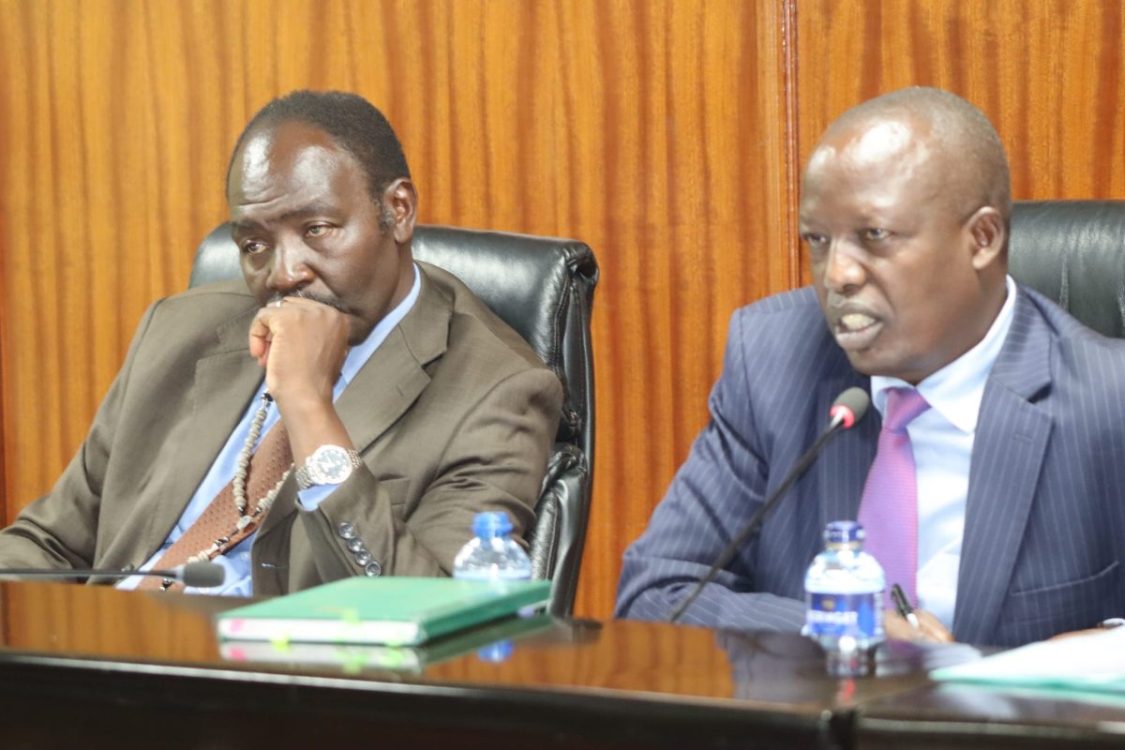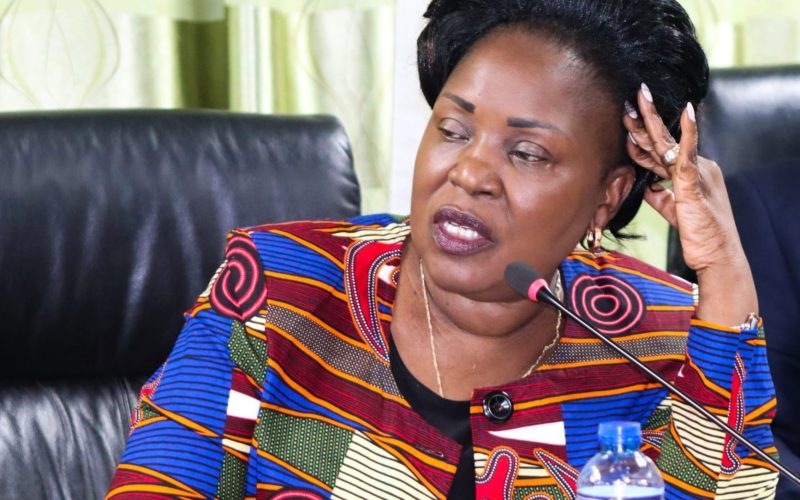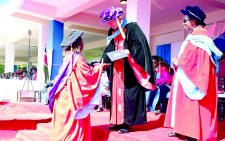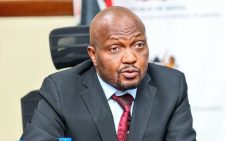MPs raise concerns on higher education funding model’s accuracy

The National Assembly Committee on Education has raised concerns with the Ministry of Education officials over the implementation of the university funding model and the state of admissions.
In a meeting chaired by Tinderet MP Julius Melly, the committee members grilled Beatrice Muganda Inyangala, PS, State Department for Higher Education and Research, Agnes Wahome, Kenya Universities and Colleges Central Placement Service (KUCCPS) CEO, Geoffrey Monari, Universities Fund, and Charles Ringera, CEO, Higher Education Loans Board.
The Members of Parliament raised concerns about the University funding model’s reliance on data sources including KRA, NHIF, and mobile network providers saying they could disadvantage students from rural areas and those in informal employment sectors where formal registration might be limited.
Education funding model
“How accurate is the means-testing instrument?” Kibra MP Peter Orero asked.
The committee further expressed its misgivings on the accuracy of the data collected for the funding model, particularly for students in rural areas with limited access to formal employment and social programs.

“Does this funding model take into account people who don’t have NHIF or KRA or even IDs, People in rural areas don’t have these documents,” remarked Lugari MP Nabii Nabwera.
Kabondo-Kasipul MP Eve Obara would also question the variables involved in determining the vulnerabilities of learners.
Education PS response
According to PS Inyangala, in the new funding model, students are assessed and placed in financial aid bands that determine the percentage of their university fees covered by scholarships, loans provided by the Higher Education Loans Board, HELB, and household contributions.
On his part, HELB CEO Charles Ringera notified the committee that multiple data sources are used to verify applicant information in the funding model, including KRA, National Integrated Population Registry Service (NIPRS), (HELB), and National Employment Authority (NEA).
Education committee members further put the Ministry to task over what it termed as poor communication to university learners regarding the tuition fees expected.
The MPs remarked that parents had received admission letters without a clear breakdown of government scholarships, HELB and their contribution as per the funding model.
“The University admission letters with huge figures are causing panic in parents and students,” Melly said.
Additionally, the MPs narrated details of parents, particularly those representing the most vulnerable students, who were discouraged from applying for funding due to this lack of clarity on whether they would receive aid.
They also noted instances where students were placed in funding bands beyond their families’ means, leading to university rejections.
PS Inyangala acknowledged the concerns raised by the committee and pledged to address them.
The PS for Higher Education, the CEO of KUCCPS and the HELB CEO are expected to appear before the committee again next Tuesday.
For these and more credible stories, join our revamped Telegram and WhatsApp channels.
Telegram: https://t.me/peopledailydigital
WhatsApp: https://whatsapp.com/channel/0029Va698juDOQIToHyu1p2z













